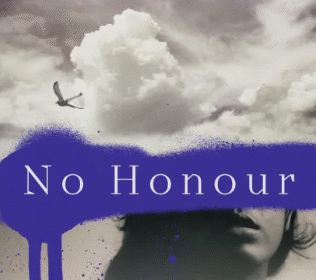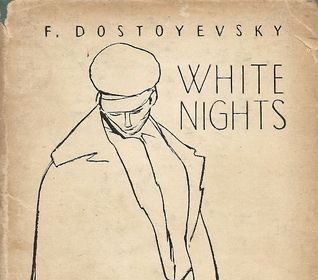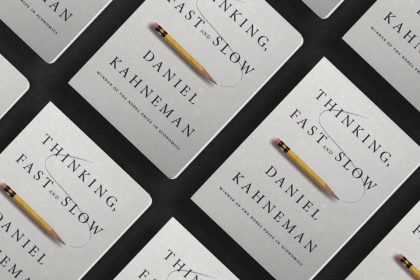BookTok Flattens Literature: The period encompassing the terror of Covid-19, till date, marks the reign of digital influencers, whose stronghold is to such an extent that they are either blind to or extremely conscious of the effects of their videos, in which case, neither situation lags behind the other in terms of detriment. This influence extends to many, if not all, fields of life; a recent example is “Booktok,” or “Bookstagram,” which provides avid readers with a personalised haven for sharing reviews, recommendations, and opinions and engaging in intriguing and thought-provoking literary discussions.
I think, therefore I am
What used to be genuinely interesting debates shedding light on moral ambiguities and grey characters have now lost much of their flavour under the spell of monotony, where a book influencer endorses and talks about only a certain type of genre or trope, which not only leaves exceptionally well-written and thoughtful books on the shelves to gather dust but also reduces major, more significant themes to nothing more than a round plot with characters who say a few pretty words.
This silent march towards a unified opinion and lack of diverse observations resembles the slow march to zombification, where people merely exist instead of truly living, as living involves thinking. René Descartes aptly stated, ‘I think, therefore I am.’ There is no mention of emotional depth, psychoanalysis, or critical thinking in recommendations anymore; rather, what is mentioned time and again are spice levels, aesthetics, and tropes (many of which include highly problematic characters that should be behind bars but are instead being romanticised).
Instead of commending the author’s ability to write a complex character who is equal parts relatable and abhorrent, the mass chooses to focus on, rather than romanticise, the flaws of that character, not all of which are entirely simple, quirky, or safe.
Half-hearted reviews
When great literary works that require extensive philosophical commentary and assiduous observations are discussed based on what a prime example the leading character and their love interest are of a grumpy x sunshine trope, the whole point (or rather the many points the author wishes to convey through the script) diminishes, an unfortunate instance of which is ‘Crime and Punishment’ by Fyodor Dostoevsky (arguably one of the most significant contributions to literature), which is discussed more for the pairings and less for the morbid and reprehensible background against which it was set.
Similarly, in contemporary literature, Khaled Hosseini’s books are written against backdrops of war, poverty, loss and human connections — the belief that humans are meant to find each other one way or another — but much of it is distastefully summarised and sandwiched by one-liners with catchphrases such as ‘heart-touching’ in recommendation videos where four to five books are collectively suggested by the influencer, with their own rating of each book, without a thorough insight into trigger warnings, themes or motifs.
Unhinged and unregulated
The continuous promotion of unhinged content has led to writers penning down works more for approval and sales rather than for meaningful impact, where unexpected plot twists are prioritised over logic and the filling of loopholes, and toxicity in relationships is normalised under the guise of love.
Both writers and recommenders are, whether intentionally or not, becoming part of a much bigger problem than many of them seem to realise, because when much of their audience and fandom consists of tweens and adolescents who actually follow their problematic suggestions and take the highly flawed characters and their scenarios as actual, normal people, many of their perceptions of real-life cases warp.
An example is the vastly popular, fanfic-adored novel ‘Haunting Adeline’, which not only portrays a sycophantic, obsessive stalker creepily hunting down a girl despite her rejection of his courting, but also claims it to be ‘love’.
When twelve- to thirteen-year-olds read this, they begin to believe that perhaps over-possessiveness and disturbing age gaps are what love is supposed to look like and that it isn’t all that bad – in fact, it’s a dark mafia romance. This leads to internal normalisation and desensitisation of (rather camouflaged) misogyny and abuse.
These actions, whether intentional or not, are undermining the outcomes of extensive, generational efforts by activists and their teams who fought for abuse to be recognised and addressed rather than concealed and glorified. Thus, many books have become not sources of enrichment, evolution, entertainment, or even relatability, but deluded tools of brain rot that foster a faux-superiority complex in the reader.















